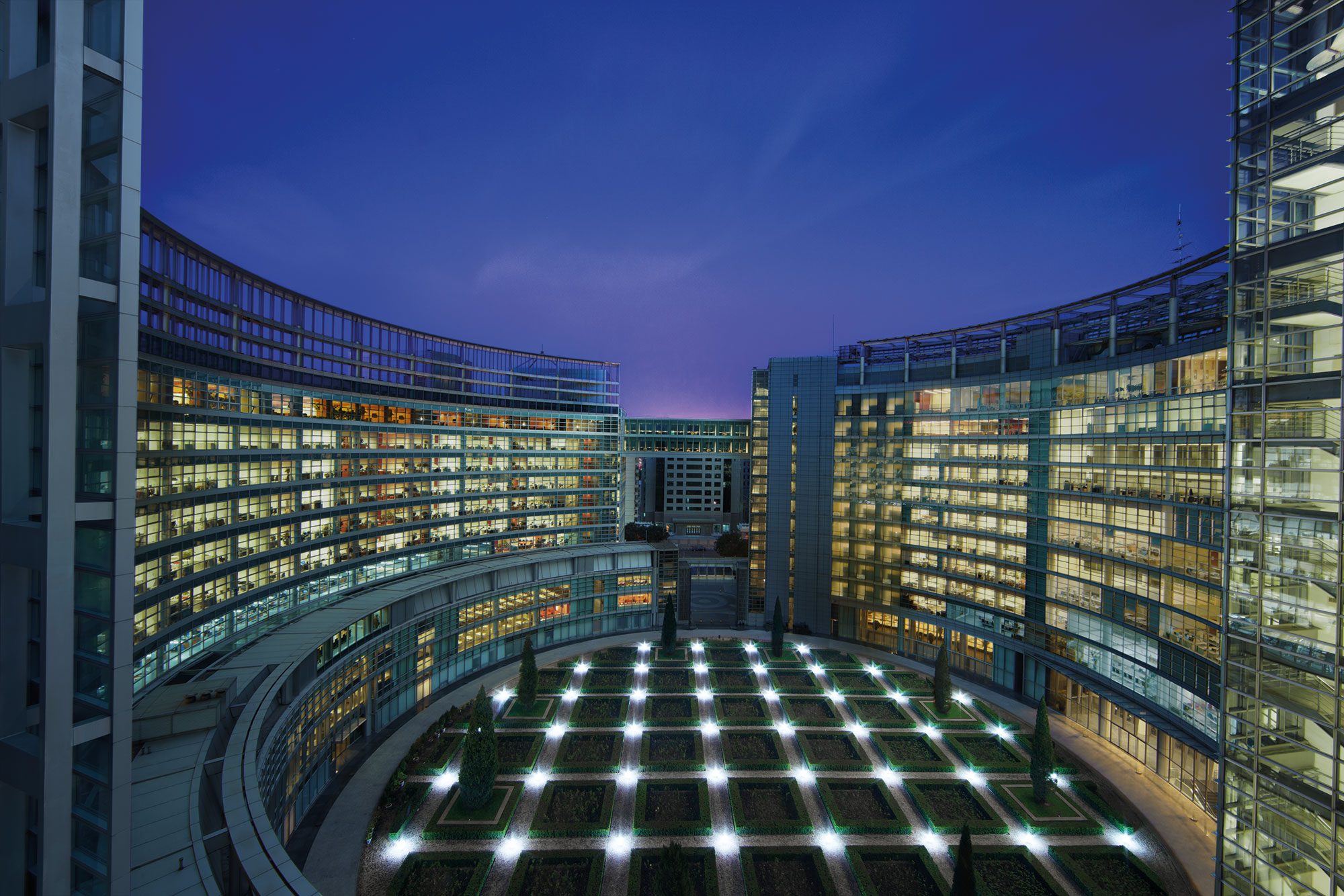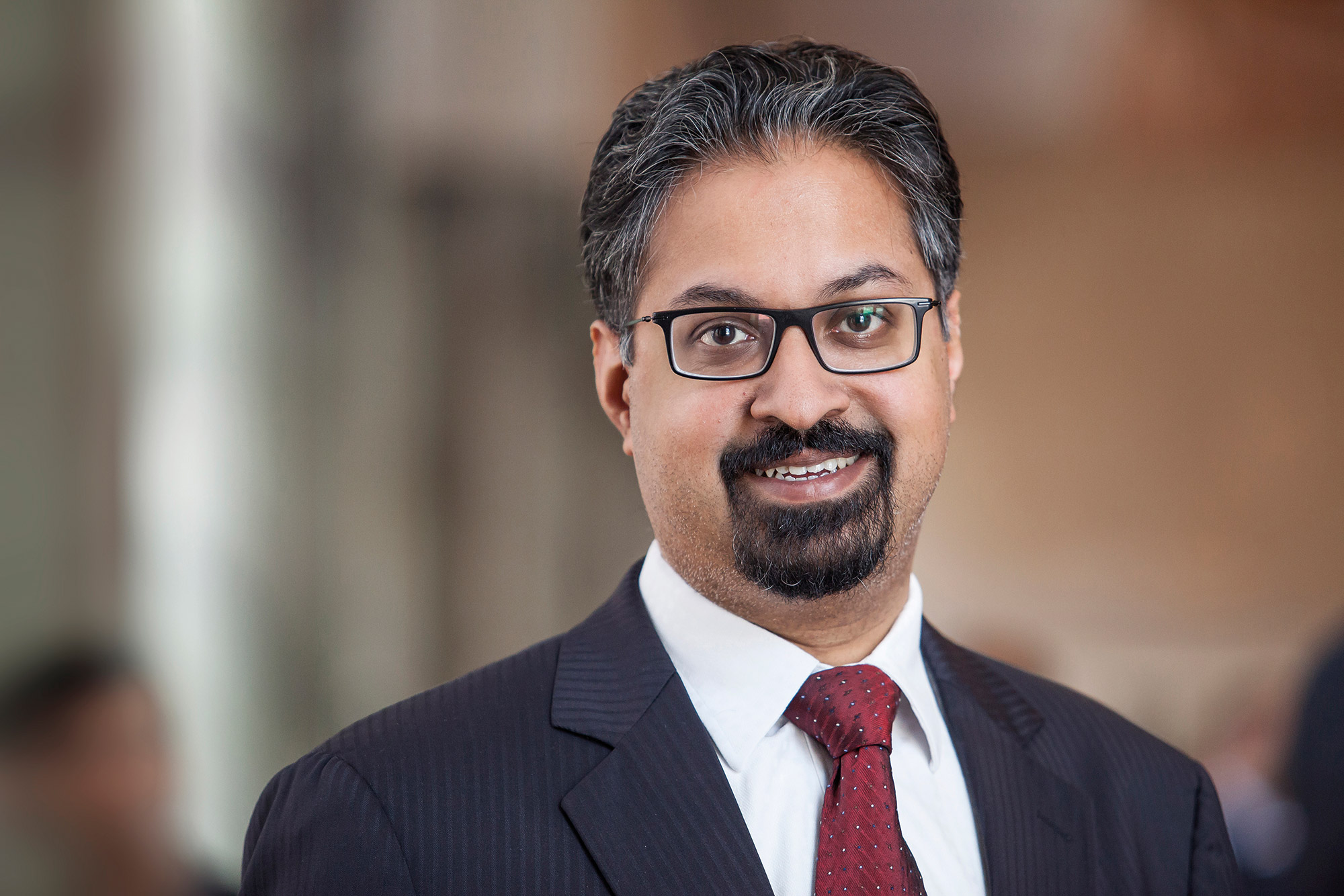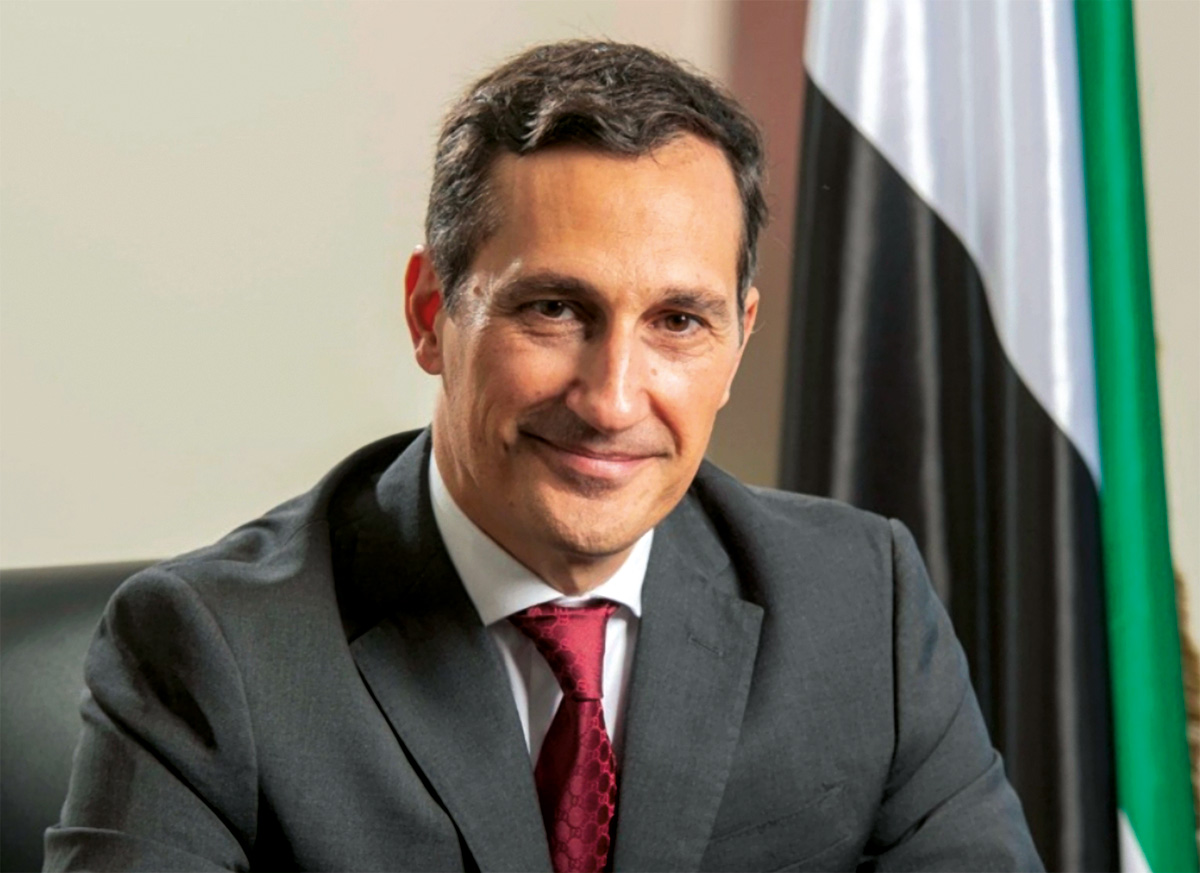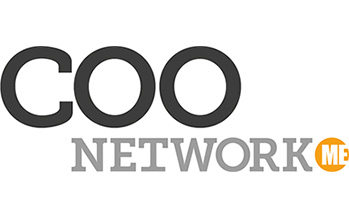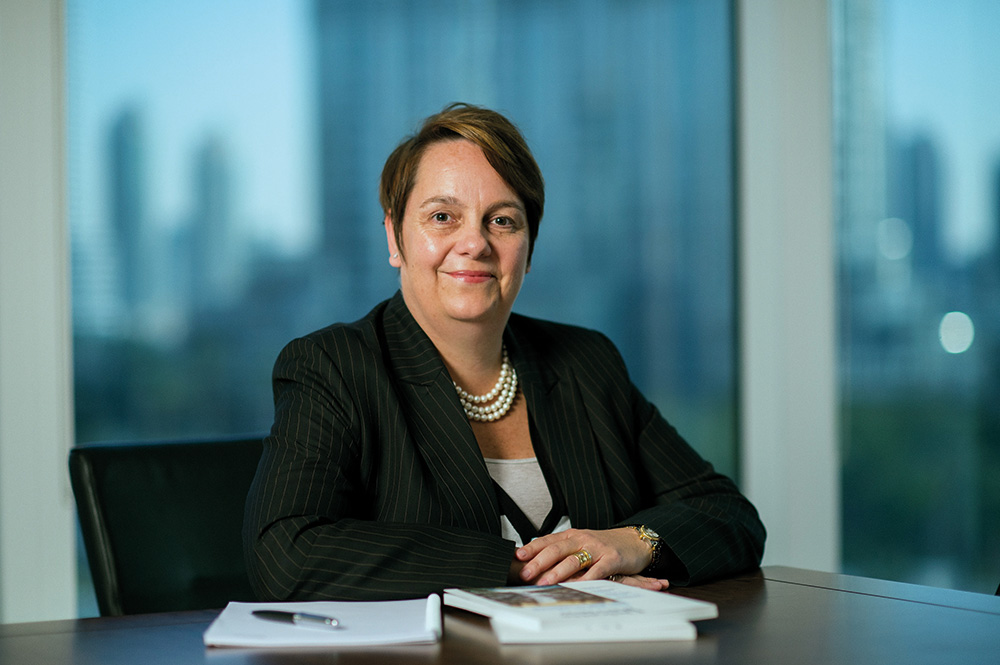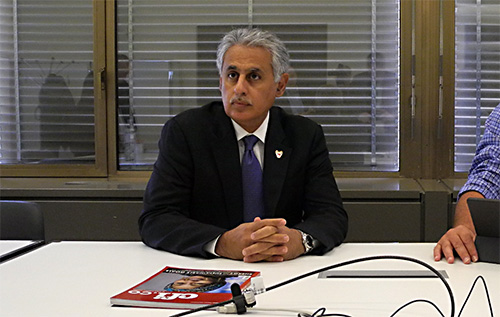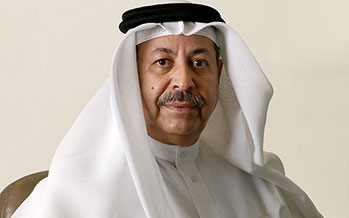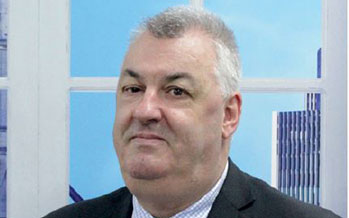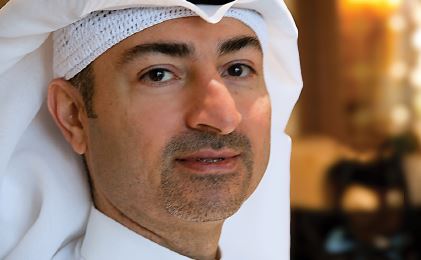GCC Historical Drive for Unity
[vc_row][vc_column width=”1/2″][vc_column_text]
Cooperation Council for the Arab States of the Gulf
GCC Mission and Member States
Since 1981, the Co-operation Council for the Arab States of the Gulf (Gulf Cooperation Council, GCC) has united Bahrain, Kuwait, Oman, Qatar, Saudi Arabia and the UAE to co-ordinate and collaborate on security and socio-economic development. The unification was not a product of the moment, but an institutional embodiment of the deep ties linking the six states developed over centuries. All these factors, in a single geographical entity, have forged extensive contact, interaction and homogeneous values. The GCC represents an evolution of older realities, and a practical response to the challenges of security and economic development. It fulfils the aspirations of its citizens towards regional Arab unity. The overarching objective is to enhance co-ordination, integration and inter-connection among members. The GCC has boosted economic conditions across agriculture, energy, telecom, transportation, trade and finance sectors. It has united members over quality education, scientific collaboration, environmental action and social justice. All members contribute to border protection and military training. The GCC has achieved major milestones in the field of foreign policy. It played a hand in ending the Iran-Iraq war, liberating Kuwait, and defusing the Iran nuclear crisis. It shows support for the oppressed and brings members together for conflict resolution.Challenges and Opportunities
All the GCC countries are monarchies, which presents its own set of challenges. A Google search on monarchies auto-populates with suggested terms like “authoritarian”, “dictatorship” and “outdated”. The United Nations recognises 193 countries; of those, 43 are sovereign states headed by a monarch. Qatar, Kuwait and the kingdom of Bahrain are constitutional monarchies; the UAE is a federal monarchy. The kingdom of Saudi Arabia and the sultanate of Oman are absolute monarchies. Sometimes, in international dealings, a monarch might negotiate only with someone of equal standing, which can give leverage in some circumstances. But monarchies have a history of restricting civil liberties and political freedoms, which could negatively impact relations with democratic nations. The region has sought progressive social reform over the years, particularly in gender equality, and those efforts have begun to deliver returns on diversification strategies for a more knowledge-based economy. The region has amassed great wealth and international influence from oil and natural gas resources. It began to diversify these sectors up- and downstream. By 2016, GCC countries had accumulated assets and capital worth over $2.99tn, mostly managed by sovereign wealth funds in the global markets. The World Bank estimates GCC economies will expand by 5.9 percent overall in 2022. Multinational assurance, advisory and tax specialist PwC says the states are primed for a swift economic recovery as Covid challenges subside and non-oil sectors return to pre-pandemic levels. GCC economies have seen a relatively strong start to 2022, with the hydrocarbons sector driving growth. Oil production so far this year is up, with crude production in the first quarter up 12 percent annually for the UAE and 19 percent for Saudi Arabia. But the IMF warns that weaker economic activity and lower oil prices could lead to a deterioration in asset quality and lower capital buffers in GCC banks. But PwC points to surging IPO activity in 2021, with Saudi Arabia and Abu Dhabi leading the pack, as proof of growing confidence in the region. “As oil prices help rebalance fiscal budgets for GCC governments, this will further support economic growth,” said Stephen Anderson, PwC’s clients and markets leader for the Middle East. “The increasing activity of capital markets in the region, particularly around IPOs is testament to investor confidence and the growth potential of companies across the region.” Oxford Economics varies its projections according to divergent growth strategies. It gives an upbeat prognosis for the UAE and Qatar, both of which are hosting international events (Expo and World Cup) that will open the door to global investment and talent. Saudi Arabia’s National Investment Strategy is expected to support growth prospects despite a scaling-back in spending. Kuwait and Oman will find it harder to boost recovery against the backdrop of workforce nationalisation policies and limited budget headroom. According to a 2022 report, the region could unlock $2tn in cumulative GDP by developing structures and mechanisms for green finance. GCC governments have the potential to create over a million jobs and turbocharge FDI in sustainable industries. “Investors around the world are pouring capital into projects with a strong ESG angle,” said Aurelien Vincent, a partner with Strategy& Middle East, part of the PwC network. The report advises governments to focus on policies that promote environmental sustainability, creating green sovereign wealth funds, strengthening capital markets, and developing standardised and transparent reporting mechanisms for environmental performance. “GCC countries have some of the highest solar exposures in the world,” said Anthony Yammine, principal with Strategy& Middle East. “A solar-photovoltaic panel in a GCC country produces twice as much output as it would in Germany or any climatically similar European country — 1,750 to 1,930 hours of full-load operation per year. We can also identify clear opportunities in green hydrogen where production technologies are easily accessible, reducing barriers to entry. “Based on our global supply and demand analysis, exporting countries can potentially capture a market of approximately 200 million tons of green hydrogen by 2050, worth $300bn yearly. The green hydrogen export market can also create 400,000 operations and maintenance jobs.” By shifting mindsets to view sustainability as an opportunity rather than a burden, GCC executives and investors can unlock opportunities for economic growth, industrial development and innovation.Expansion Attempts and Rifts
While GCC membership has remained consistent over the years, changes in regional relationships have led to speculation on membership. Expansion appeared possible when the interests of Gulf countries aligned with those of other Arab states. Jordan and Morocco, the only two Arabic-speaking monarchies not currently in the council, seemed set to join the GCC in 2011, in the Arab Spring uprisings. But Morocco declined the invitation, while Jordan’s application was delayed because of internal disagreements. Some GCC countries have called for Arab neighbours — Egypt, Iraq and Yemen — to join, but they’ve never reached consensus and membership has remained fixed. Conflicting interests have at times led to rifts. Egypt, Saudi Arabia, the UAE and Bahrain instated a blockade against Qatar in 2017. It was the second time in three years that they turned on Qatar, the largest exporter of liquid natural gas in the world. It took nearly four years to heal the rift and to restore diplomatic ties. The Arab Centre Washington DC at the time called the move short-sighted, as it pushed Qatar to seek an odd bedfellow in Iran, which had been condemned by the GCC for meddling in the internal affairs of member countries. The 2014 and 2017 rifts started with tensions over Qatar’s “embrace of various terrorist and sectarian groups aimed at destabilising the region”. Some financial economists have interpreted the Qatari conflict as a tangible political sign of a growing economic rivalry between oil and natural gas producers, which could have long-lasting consequences beyond the MENA region.
What trade deals are there with other countries and economic unions?
Gulf Cooperation Council (GCC) - Singapore free trade agreement (from 01/11/2013)
EFTA - Gulf Cooperation Council (GCC) Free Trade Agreement (from 01/07/2014)
EFTA - Gulf Cooperation Council free trade agreement (from 01/07/2014)
[/vc_column_text][/vc_column][vc_column width=”1/2″][vc_column_text]What countries are in the GCC?
Country | Population (2018) | GDP Growth (2021, %) | Date Joined |
|---|---|---|---|
1,566,993 | 2.2254 | 25/05/1981 | |
4,197,128 | 0.0000 | 25/05/1981 | |
4,829,946 | 0.0000 | 25/05/1981 | |
2,694,849 | 1.5234 | 25/05/1981 | |
33,554,343 | 3.2409 | 25/05/1981 | |
9,541,615 | 0.0000 | 25/05/1981 |















































































